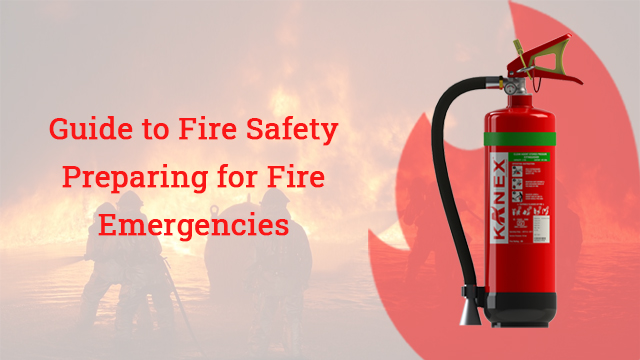Fires are one of the most dangerous events that can occur.
Every year, hundreds of thousands of fires take place across the world, leading
to thousands of deaths and billions worth of property damages. However, many
fires can actually be prevented with proper care. This guide will help you
minimize the risk of fires in your home, office or building.
Preventive Measures
- Get smoke alarms installed and maintained on every floor. For a home, all bedrooms should have a smoke detector.
- You must never leave the cooking unattended especially when using fryers.
- Avoid using space heaters, both fixed and portable. They are the second major cause of home fires.
- Avoid smoking in rooms, especially while on the bed.
- Chalk out a fire evacuation plan for your family, office or
building that lets everyone leave in 2 minutes. Make sure that this is
practiced regularly.
Preventing Electrical Fires:
- Malfunctions in the electrical system are one of the biggest
reasons for fires. Hire an experienced electrician to examine the electrical
systems thoroughly and make upgrades where necessary.
- Additionally, you should regularly check the electrical
cords. The cords must not run under the carpets or across the doorways as they
may end up getting damaged.
- The plugs attached to a power strip or electrical outlet
must always be limited. Overloading the electrical outlet can end up tripping a
breaker. Worse, it can cause a fire.
- For light fixtures, ensure that only bulbs that meet the
recommended wattage are used.
Regularly Test the Smoke Detector:
- The smoke detector forms a critical component of your home
when it comes to preventing fire related damages and death. As such, you must
always get them test every month.
- Additionally, keep a few spare batteries for the smoke
detectors so that they can be changed when required. If you hear the detector
chirping, get the battery replaced immediately.
- Many fire accidents take place simply because the alarm
didn’t go off because of battery issues.
Installing Smoke Detectors:
Knowing where to install smoke detectors is essential. It is recommended that every floor has at least one smoke detector. This includes the basement if you have one. All bedrooms in a house should also have a smoke detector.
Smoke alarms must always be placed high up a wall. It should
be more than a foot from the ceiling. They may also be placed on ceilings.
After all, smoke will rise.
Of course, it goes without saying that kitchens should also have a smoke alarm. However, it should be at least 10 feet away from all cooking appliances. After all, you will not want false alarms when you are cooking.
For basements, the smoke detectors should be placed on the ceiling. They can also be placed on the bottom step of the flight of stairs to the next floor.
Learn How to Use Fire Extinguishers:
A Fire Extinguisher can eliminate the fire before it has a
chance to turn into a raging inferno. As such, always keep a few extinguishers
spread across your home, office or building. You should also learn the PASS
method for using them.
 Reviewed by Kanex Fire
on
September 28, 2020
Rating:
Reviewed by Kanex Fire
on
September 28, 2020
Rating:













No comments: